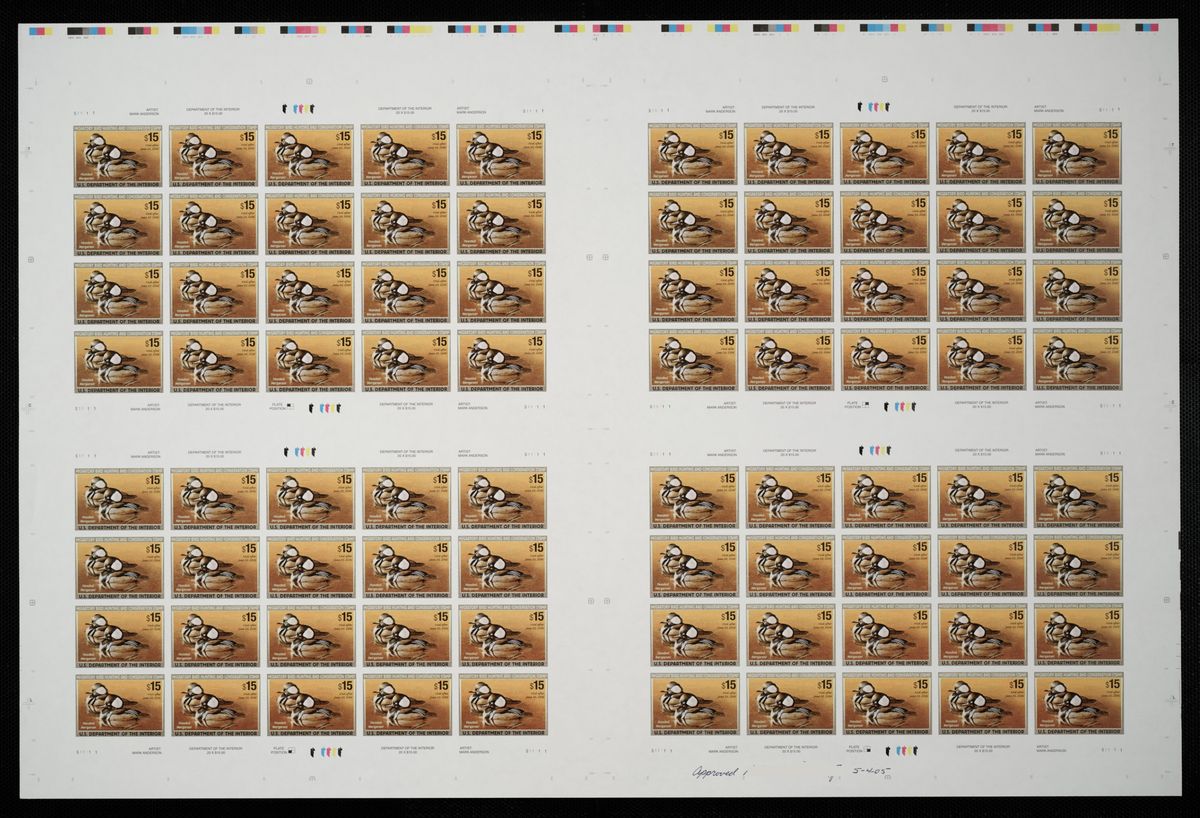I'm giving up being an Earth hero and so should you
It's fun to be an Earth hero. But the idea of saving the planet, an idea baked into environmentalism, is seriously flawed.

I’ve gotten very into this game, Terra Nil. It begins in a wasteland where the soil and water is contaminated. No flora or fauna populate the landscape. As an ecologist, it’s your job to use the technologies provided by the game to restore a variety of ecosystems. When you succeed, you’re rewarded with beautiful graphics of tropical birds soaring through the rainforest you’ve regrown or beluga whales splashing in a newly sparkling Arctic. It's fun to be an Earth hero.
Terra Nil allows you to play out a fantasy unachievable in real life, that of restoring Earth to the pristine state we imagine it existed in before it was degraded by the activities of industrial humans. We can’t make this dream a reality because of politics and the limits of technology, but also because there’s a flawed idea at its core. That idea is this: Nature is, and should be, separate from humans and their activity. This assumption in turn entails the idea that there is some perfect state of nature that existed before human intervention and could be achieved again, if only we directed our attention and resources to this goal. It’s this assumption that not only sets up the computer game I’ve come to enjoy but much of the efforts of environmentalists as well.
A history of environmentalism in the U.S. could reach back to the emergence of writers and thinkers such as Henry David Thoreau, John Muir, and Aldo Leopold, and to the founding of our national parks in the 19th and mid-20th centuries. Thoreau, Muir, and Leopold created the rhetoric of the American wilderness, the pristine land untouched by human civilization.
But, as is often the case, the political reality of conservation didn't match its high-minded philosophy. Federal government efforts aimed at conservation, including what became the U.S. Forest Service and the national parks, were born of fears of running out of natural resources—including timber and game—not because these resources were valuable in themselves, but because without them America couldn’t continue to expand.
President Theodore Roosevelt is perhaps the president most closely associated with the founding of the national parks, establishing five while in office. Famously a big game hunter, Roosevelt’s desire to establish sites for hunting in part drove the founding of the park system. Other motives were nationalistic, to preserve sites of natural grandeur and establish America’s reputation as an international power with significant natural resources. To hoard these resources, America resorted to violence, expelling indigenous, Black, and poor people already living on park land and excluding these same groups of people from future use of the land.
The parks were never really about nature. They were about human access to resources and the power those resources afforded. Today, national parks still aren’t about nature. They’re theme parks tourists burn fossil fuels traveling to so they can harass one of few remaining bison or take selfies in front of defaced rock formations.
The ideas of conservation or preservation—ideas that drive the desire to set aside land perceived by some as wilderness, though it may be home to others—assume we can restore land to or protect it in a condition that may never have existed. We’ve already seen how the idea that "pristine" park land was previously untouched by humans is false. Many national parks are in fact the ancestral homes of native people who stewarded the land for centuries. If it’s our goal to restore this land, what condition should it be restored to? Its state before colonists arrived? Before indigenous people migrated to North America? What condition might that be?
But there’s another problem with the idea of conservation, an ecological one. An ecosystem is always in flux, evolving over time. Humans consider wildfires, floods, earthquakes, and volcanic explosions to be disasters, but to nature they are simply part of the endless process through which ecosystems constantly regenerate or transform. Conservation attempts to freeze this flow and requires permanent management of ecosystems to maintain them in the state that we have decided is ideal for our economic, political, recreational, or aesthetic purposes.
I’ve gone on a bit of a rant, but here’s my point. Humans have caused staggering environmental problems: intractable pollution, climate change, biodiversity loss, and rampant resource exploitation, to name a few. We thought we could take whatever we wanted and dump whatever we didn’t without consequences. But precisely because it isn’t true that we are separate nature, this kind of thinking has gotten us into a lot of trouble. So, if thinking of nature as distinct from humanity got us into this mess, continuing to think it’s something we need to wall off and restore or preserve isn’t going to get us out of it.
Believing humans are over and above nature is not the only way to orient ourselves toward the natural world. Many historical and contemporary indigenous cultures have seen and do see themselves as participants in nature, as one among many animals and other organisms that make up interconnected and nonhierarchical ecosystems. As much as I enjoyed being the heroic ecologist of Terra Nil, here in reality I want to know: Rather than trying to save nature, how can we be better environmentalists as participants in nature?
Note: I’m not getting paid to write about Terra Nil, and I don’t get any money if you click the link to the game or any link in this piece.
